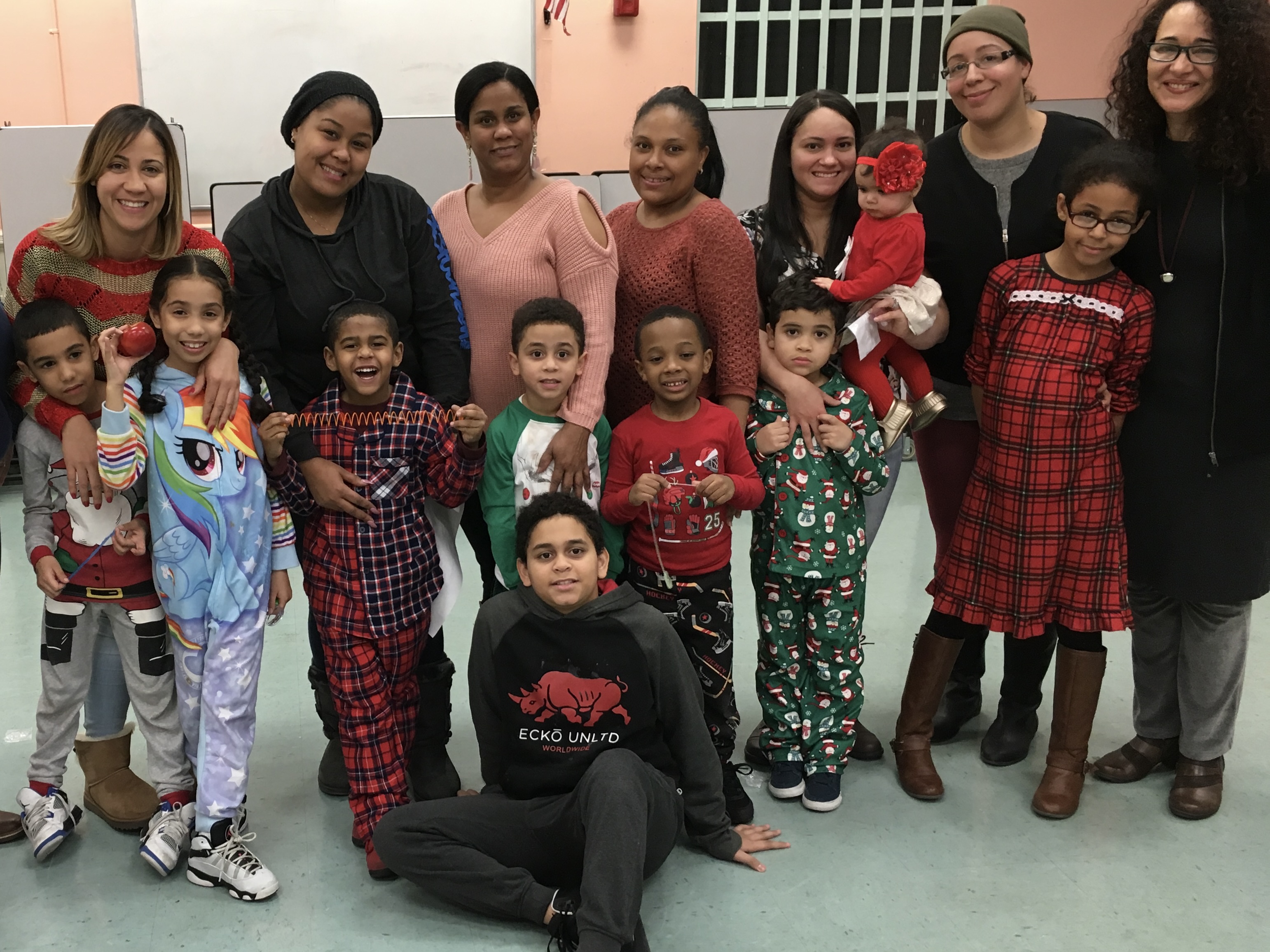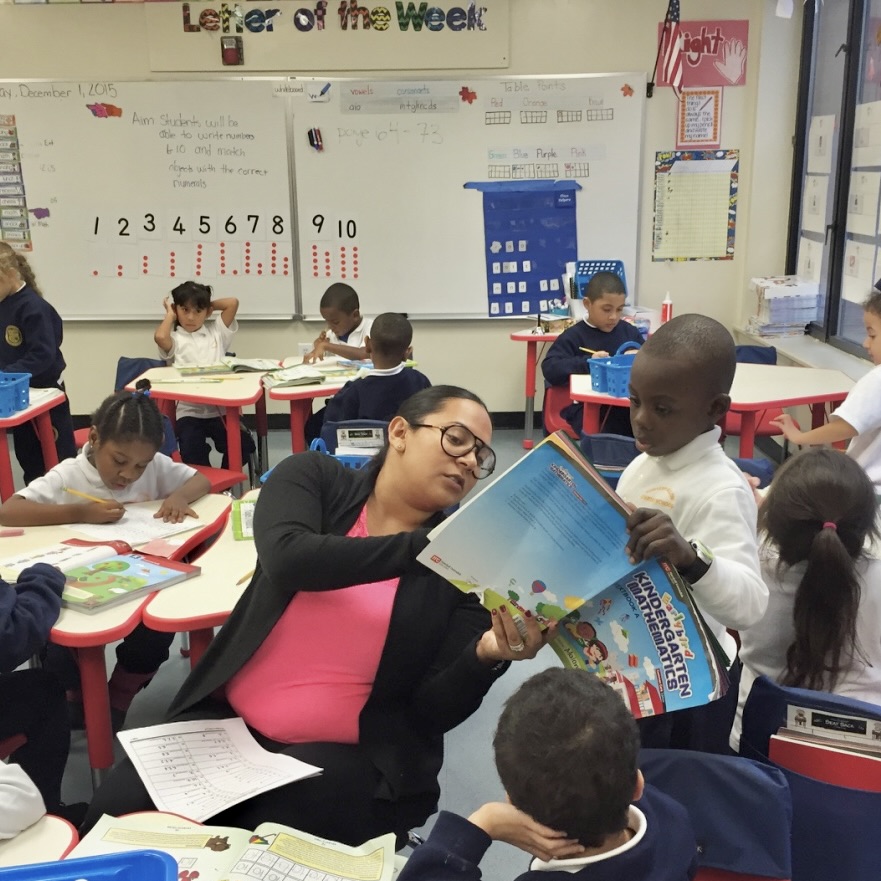 We believe all children will learn and thrive in an environment that provides a wide array of learning supports to both children and their families. We intend to give our K-5 children a strong foundation in literacy, essential to scholastic success in higher grades. Our key design elements include a 9-hour school day, 8 a.m.-5 p.m., a high-quality curriculum, teaching teams, differentiated instruction, help for at-risk children, and parent involvement. K-1 class schedules include two blocks of nap/play/snack time to keep young children alert.
We believe all children will learn and thrive in an environment that provides a wide array of learning supports to both children and their families. We intend to give our K-5 children a strong foundation in literacy, essential to scholastic success in higher grades. Our key design elements include a 9-hour school day, 8 a.m.-5 p.m., a high-quality curriculum, teaching teams, differentiated instruction, help for at-risk children, and parent involvement. K-1 class schedules include two blocks of nap/play/snack time to keep young children alert.
Yalow’s goal: developing the whole child, encouraging each young student to excel.

Our team teaching model links a NYS certified experienced lead teacher with a licensed social worker in grades K‐2 and a second teacher in later grades. Our wraparound supports will be similar to those of Bronx Head Start programs, from which we expect to draw many students. Social workers, identifying social/emotional issues in the classroom, will help students having trouble—both in small groups in class and in special sessions if need be. This guidance will follow data-driven assessment using the NWEA and STEP Literacy assessments. In addition, we will have a Response to Intervention team, with focused special education and English language-learning teachers working student caseloads. Stepstone Academy in Cleveland, OH (with demographics matching Yalow’s) uses a “theoretical change” model—grounded in the same beliefs as Yalow’s—with extraordinary achievement results on NWEA’s MAP for Primary Grades. At Stepstone, social workers teach Incredible Years, an evidence-based intervention supported by 30 years of research to treat young children’s behavior problems and promote academic competence across socioeconomic groups. We will closely follow that model.
The Family Support Center at Yalow meets Thursday evenings following dismissal. Families and therapists take time to listen and share, fostering open communication and strong, supportive relationships. In an hour, children focus on developing better social skills and relationships through play, self-expression projects, and behavior modification. Parents learn to manage their stress, develop strategies that are kind but firm in order to discipline their children while still fostering a strong family bond. Our ultimate goal is to help parents and children take delight in their family life. Research tells us that having good relationships at home result in better outcomes for children in school and other areas of their lives.
For parents, the Family Support Center becomes an oasis—a pause in hectic lives—where they get practical advice on the emotional and behavioral problems they are confronting.